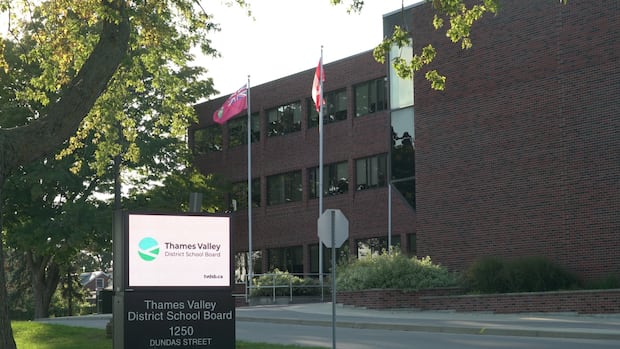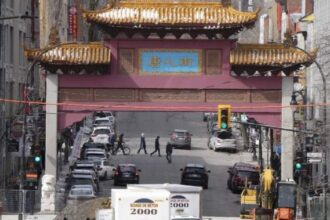In an unprecedented move that has sent ripples through Ontario’s education system, former trustees of the Thames Valley District School Board (TVDSB) are mounting a legal challenge against the provincial government’s decision to dissolve the board and install a supervisor. The dramatic takeover, which effectively stripped 13 elected officials of their positions, marks one of the most aggressive interventions in local education governance in recent provincial history.
“We were elected to represent our communities and advocate for students,” said Lori-Ann Pizzolato, who until recently served as chair of the TVDSB. “The provincial government has silenced the democratic voice of voters who put their trust in us to oversee their children’s education.”
The controversy erupted when Education Minister Jill Dunlop announced the appointment of Rita Russo as supervisor on April 30, citing “dysfunction” and “governance challenges” that allegedly hampered the board’s ability to fulfill its obligations. This intervention came after a scathing report from investigator Wayne Joudrie highlighted significant concerns about decision-making processes and operational effectiveness within the TVDSB.
The former trustees, however, contend the government overstepped its authority. They’ve filed an application for judicial review with the Ontario Divisional Court, arguing that the Ministry’s actions violated principles of procedural fairness and exceeded the powers granted under the Education Act. Their legal representation, headed by lawyer Duncan Ivison, maintains that the evidence did not justify such extreme measures.
“The report used to justify this takeover contains significant factual errors and mischaracterizations,” Ivison stated at a press conference Monday. “Our clients were given no meaningful opportunity to respond to allegations before being removed from their democratically elected positions.”
The TVDSB serves approximately 80,000 students across London, Oxford, Elgin, and Middlesex counties, making it one of Ontario’s largest school boards. The provincial intervention has left many community members concerned about local representation in educational decision-making.
Parent advocacy groups have organized rallies in support of the former trustees. Jennifer Martins, head of the Thames Valley Parent Association, expressed frustration with the situation: “Parents voted for these trustees because they believed in their vision for our schools. Now we have no say in how our education system is run.”
The Ministry of Education has defended its actions, with spokesperson Grace O’Toole stating: “The decision to appoint a supervisor was not taken lightly but was necessary to ensure proper governance and administrative practices that put student achievement and well-being first.”
Financial implications of the takeover have also raised eyebrows among education analysts. The supervisor will receive a salary of $225,000 annually, significantly more than the combined honoraria of the trustees, which totaled approximately $170,000. Critics question whether these additional costs represent responsible use of education funding during a time when many school boards face budget constraints.
The legal challenge comes amid broader tensions between the provincial government and education stakeholders across Ontario. Teacher unions have expressed concern that the TVDSB takeover could signal a troubling precedent for provincial intervention in locally elected education bodies.
As this battle moves through the courts, a fundamental question emerges about the balance of power in Ontario’s education system: At what point does provincial oversight of local school boards become an unwarranted infringement on democratic governance? The answer may reshape the relationship between Queen’s Park and school boards across the province for years to come.










